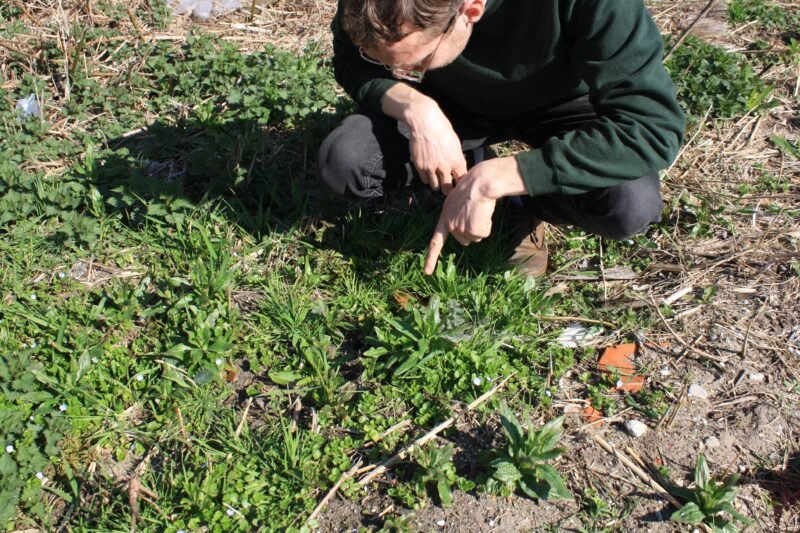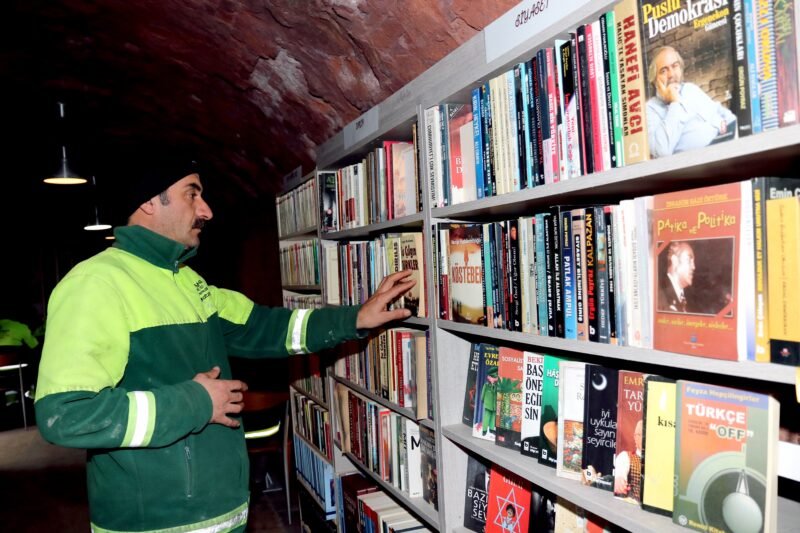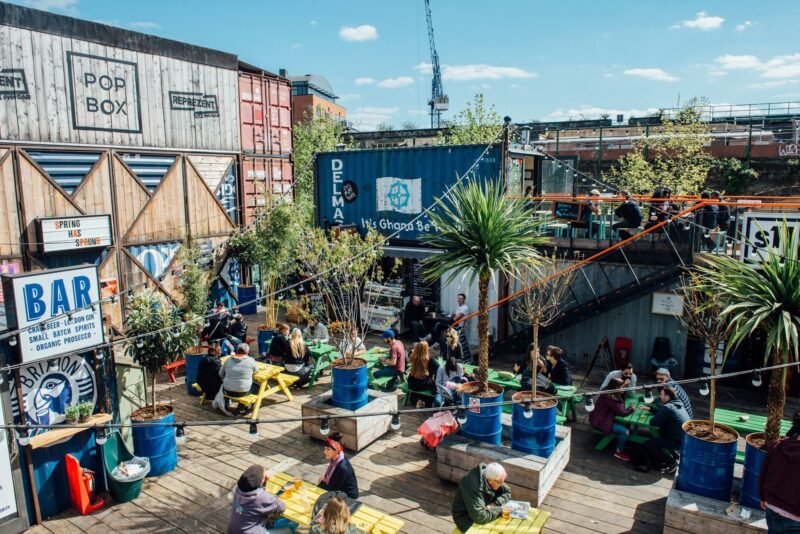Three Inspiring Urban Sharing Concepts
Whether it be the emergence of GPS-enabled smart phone applications that promote a sense of tactile-ownership over the city, or the necessity caused by global economic crisis, a major trend toward do-it-yourself, bottom-up urbanism has emerged.
All over the world, citizens are taking responsibility for the form and functionality of urban space. Together, we are building our own infrastructure, creating our own services and truly taking the city into our own hands. Let’s take a closer look at some of the ‘best of’ these bottom-up strategies for new-style urban development.


1. Pop-Up Seed-Sharing Stations
Hawaii-based Eating in Public’s Seed-Sharing stations are unmonitored installations that have started to pop up all over the USA and Canada. They offer a space for urban gardeners to exchange seeds and important information about how to best grow their fruits and veggies, and are a sign that urban farming remains a DIY movement at its core. Eating in Public offers a downloadable design guide, with a wide array of recommended models. The idea is that anyone can download the guide, and build a seed sharing station, anywhere in the world. Eating in Public encourages that the stations be placed in accessible areas with lots of traffic, so no one is deterred from participating. Each Seed-Sharing Station is equipped with envelopes, pens and pencils, so that seeds can be easily identified, and accompanied with instructions for best growth. All stations are built out of scrap and repurposed material, but maintain consistency worldwide with the Seed-Sharing station logo & Eating in Public website included on each installation. Each Seed-Sharing station is designed individually to fit the specificity of its context, showing how ‘local’ grassroots initiatives to improve the city are actually part of a global urban culture, with identical projects stemming from wide-spread ideas made possible by the Internet.

2. Toronto’s Tool Library
With the rise of the peer-to-peer economy, using has truly becoming the new owning. Along these lines, and in an effort to tap into all those power tools gathering dust in the garages and basements of the city, a couple of urban visionaries have opened Toronto’s first Tool Library — providing physical urban infrastructure to facilitate the borrowing of tools that would otherwise go unused for months, or years, to those who truly need them. Toronto’s Tool Library is one of many similar projects that have popped up all over North America, Australia and Europe. Tool libraries save their users hundreds of dollars, and a lot of closet space, and promote sustainability through resource-sharing. While tool lending libraries are not new (the first was in 1976 in Columbus Ohio), the recent opening of many around the world, with sleek design and easy to use websites, are beginning to appeal to a broad spectrum of city dwellers. They are also much more than a space for renting and lending tools. While sites like Airbnb, Share Some Sugar, and Thuisafgehaald facilitate interactions between people that can happen anywhere, tool libraries are community hubs, marking a trend toward online peer-to-peer services that make use of centralized ‘storefront’ locations.


3. The Fruit Fence
Another food-based DIY solution is the the Fruit Fence – a small scale, hands on solution that has the potential for major change at the city scale. While guerilla gardening has been extensively covered by the Pop-Up City and other blogs, the Fruit Fence is notable as it is an essential DIY project, a hack – or urban intervention – that anyone can do themselves in their own city. The Fruit Fence is a planter bag that converts the ever-present chain link fence into a vertical urban garden. Planter bags are made of recycled building material and can be easily thrown over and hung from a fence. The best kinds of plants are the climbing types – green beans, peas, and strawberries – that add colour, scents and delicious tastes to the urban landscape. If you want to take the DIY to the next level, the folks at Fruit Fence have designed sensors to be placed in the bags, alerting passersby if a plant needs water or fertilizer. Alternatively, these signals can be sent to community organizations via SMS. The Fruit Fence planter bag encourages a sense ownership over cityspace, and shared responsibility for taking care of the city.



